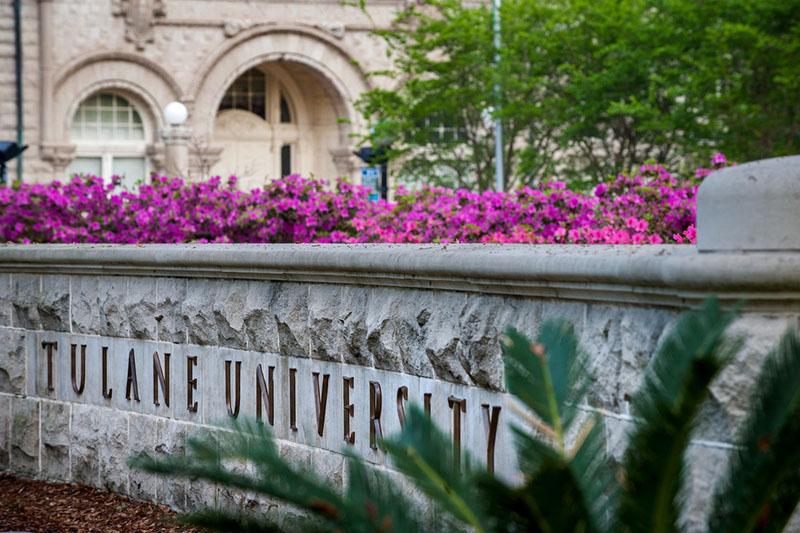President Fitts addresses role of universities at city’s economic summit
President Mike Fitts addressed a group of New Orleans business leaders, economic development experts and other community members at the 2020 Economic Outlook Summit, which took place Jan. 9 at the downtown office of The Times-Picayune | The New Orleans Advocate.
President Fitts was among a group of leaders who represented fields such as energy, tourism, health care, trade, banking, construction and real estate.
Universities are a growth industry with the power to transform communities, he told the group.
“Universities are about intellectual capital and human capital. That is our focus, and that is where we are investing.”
President Mike Fitts
“Universities are about intellectual capital and human capital. That is our focus, and that is where we are investing. If you think about communities, that is what drives growth today,” Fitts said, citing the examples of Nashville, Pittsburgh and Columbus as cities that have been revitalized through the power of their local universities.
One in 10 New Orleans residents is a college student, but Tulane’s role in educating these students is only part of the story of the university’s economic impact. A recently released economic report reveals that Tulane’s operations, capital investments and other activities contribute $3.14 billion a year to the Louisiana economy and are responsible for more than 19,000 jobs statewide. As New Orleans’ largest private employer, Tulane generates 13,934 jobs in the city alone and attracts $312 million in annual spending from visiting parents, alumni, patients and potential students.
President Fitts noted that downtown New Orleans, where Tulane already occupies 17 buildings, is the next major growth area for the university. Tulane has planned $1 billion in construction over the next five years, on both the Uptown and Downtown campuses. As the anchor tenant of the Charity Hospital building, Tulane’s new laboratories, clinical space, classrooms, and student housing will stimulate retail and hospitality growth, more pedestrian traffic, and a stronger sense of community. Tulane’s reciprocal relationship with New Orleans sets the stage for an era of inclusive growth across the city.
Tulane continues to look to the future, embracing a multidisciplinary approach to education that will better prepare students to engage in the local and global economy, Fitts said. The university has heavily invested in research and the undergraduate experience and has taken steps to increase the diversity of its faculty, staff and student populations, in order “to build a generation of truly diverse entrepreneurs and business leaders.”
“Cities everywhere have been renewed and transformed by local universities, especially those located near their downtowns,” Fitts said. “This is Tulane and New Orleans’ shared future.”


